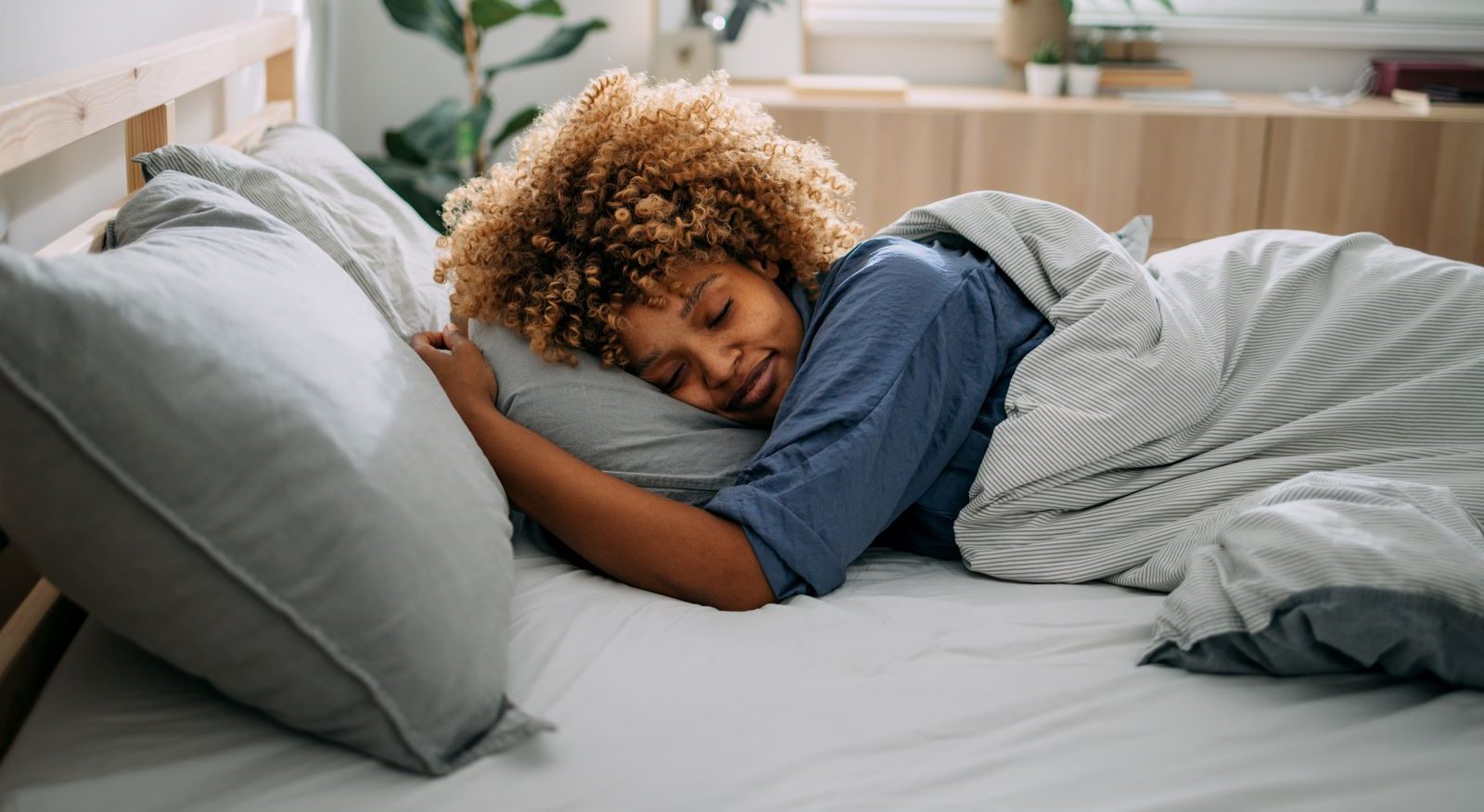<< Back
Do I Need Less Sleep as I Get Older?

August 07, 2023
Newborns sleep most of the day, while their parents may have to function on less than three hours of shuteye. But do sleep needs really vary that drastically by age?
The short answer is yes, says Pantcho Maslinski, MD, a sleep specialist with Hartford HealthCare’s Ayer Neuroscience Institute Sleep Center at Windham Hospital.
Your optimal amount of sleep, however, is a mix of science and the reality of life, says Dr. Maslinski. Here’s what you should take into account.
How much sleep should humans get according to age?
The general sleep requirements by age are:
- Babies up to 12 months – 12 to 16 hours a day
- Children ages 1 to 2 years – 11 to 14 hours
- Children ages 3 to 5 – 10 to 13 hours
- Children ages 6 to 12 – 9 to 12 hours
- Teens ages 13 to 18 – 8 to 10 hours
- Adults – 7 or more hours
> Related: Are You a Night Owl? How to Get Better Sleep in an Early-Bird World
Do our sleep needs change as we get older?
In general, Dr. Maslinski says adults need less sleep as we get older and there are several reasons for the shift.
“The way we sleep changes throughout our lives,” he begins. “There’s a reduction in slow-wave sleep and REM (rapid eye movement), and an increase in sleep fragmentation and wakefulness after we fall asleep. This means people wake up more frequently and spent some time awake.”
Our body’s circadian rhythm – that 24-hour cycle that responds to nature’s lightness and darkness – also changes as we age, he continues.
“With age, people tend go to bed earlier and wake up earlier,” he says.
Does my health depend on a good night’s sleep?
The effect of sleep quantity and quality on our health seems to be important at any age, but for different reasons, Dr. Maslinski says.
“For children and adolescents, it’s important to get enough sleep because our bodies release growth hormone at that time,” he explains.
In adults, abnormalities such as sleep-disordered breathing, insomnia and REM behavior disorder impact the quality of sleep. Not enough sleep, in turn, is connected with higher risk of such health concerns as:
- Inflammation, which is affected by the amounts of cortisol released during sleep
- Thyroid troubles, also connected to cortisol levels
- Stroke
- Heart attacks
- Cardiac rhythm abnormalities
- Treatment-resistant hypertension
- Obesity
- Insulin resistance
“It’s also common knowledge that any sleep disturbance will affect a person’s level of functioning and feeling of well-being,” Dr. Maslinski says.